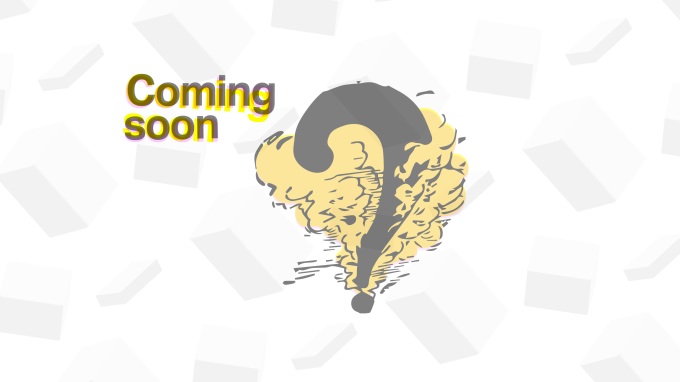Evaluation of Stock Market in 2022
The startups of stocks markets date back to the 12th century, specifically in Europe. This continent became the perfect place for merchants and traders to buy and sell a wide variety of materials.
Then, a little later, but in the same 12th century, the merchants of Venice began to do operations with the bonds of the public debt. Following this, this was a practice that spread over the following years in Genoa, Florence, Verona, and Pisa.
The practice of stock markets spread around the world
As the years passed, this practice began to expand to enter the continent's interior. And although by the 14th century he was able to enter Belgium, it was not until 1602 that the first stock exchange, known as the Amsterdam Stock Exchange, was created.
The startups of stocks markets allowed the emergence of this New Financial Market that the British East India Company promoted in 1600. This joint-stock company sailed to the East in search of wealth.
Instead of spending a lot of money on these expeditions, investors had the opportunity to buy shares of different companies for risk diversification.
This business model was very interesting, so it spread throughout Europe. So by 1602, the Dutch East India Company was created, and its shares could only be sold on the Amsterdam stock exchange.
Evolution of the stock market to date
The startups of stocks markets shaped what the stock market would be today. That is why the purchase and sale of shares became massive in 1801, and the first regulation on this market was created to start the London Stock Exchange.
The industrial revolution also marked a before and after since many companies required capital, and the stock exchanges could be expanded to other countries. Similarly, the current stock market was also driven by creating the Spanish Stock Exchange in 1809.
By 1988 the securities market law was published, which is used today.


